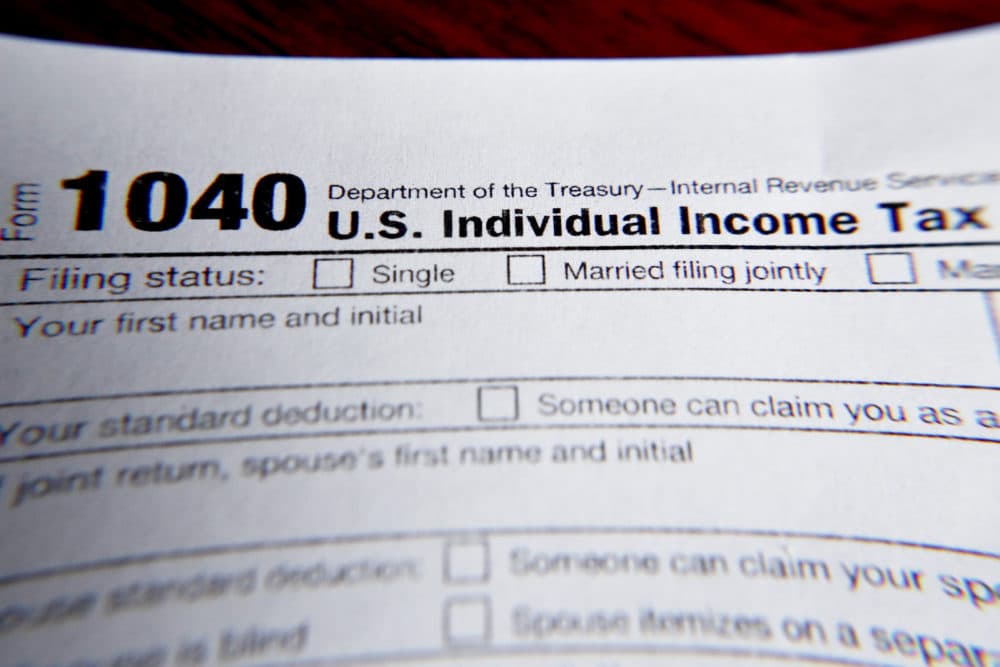Advertisement
Massachusetts voters approve 'millionaires tax' ballot question

Voters have approved ballot question 1, in effect raising their own taxes, should they earn income over $1 million.
The new tax, set to take effect Jan. 1, will apply to any portion of taxable income above $1 million. For example, a taxpayer earning $2 million will pay the state’s current 5% tax rate on the first $1 million. The second million dollars will be taxed under a higher rate: 9%. That adds up to an extra $40,000 in state income taxes.
The tax also applies to “one-time millionaires,” including people who make more than $1 million in taxable income from selling their homes or businesses. According to an analysis by the Center for State Policy Analysis at Tufts University, an estimated 0.6% of tax filers would see their tax bill increase as a result of this measure.
Supporters say the tax is a necessary step to address the gap between the state’s wealthiest and poorest residents. The Economic Policy Institute ranks Massachusetts as the sixth-worst state in the country when it comes to income inequality.
The tax is expected to bring in anywhere from $1.3 billion to $2 billion in revenue during fiscal year 2023, according to the Tufts analysis. The ballot question specifies the money is to be used for public education and transportation. But opponents of the measure argue it’s impossible to ensure the funds end up in those buckets because lawmakers ultimately decide how to spend it.
Opponents also say it will encourage more high earners and entrepreneurs to leave Massachusetts, especially now that remote work has become acceptable for many office workers.
The winning coalition, “Fair Share Massachusetts,” raised more than $31 million to campaign for the question. Top contributors were state and national teachers’ unions.
The opponents, known as the “Coalition to Stop the Tax Hike Amendment,” raised almost $15 million. Top contributors were Boston development giant Suffolk Construction, James Davis, the chairman of New Balance, and Rand-Whitney Containerboard, which is a packaging company owned by Robert Kraft.
